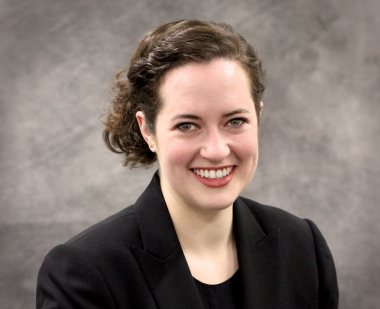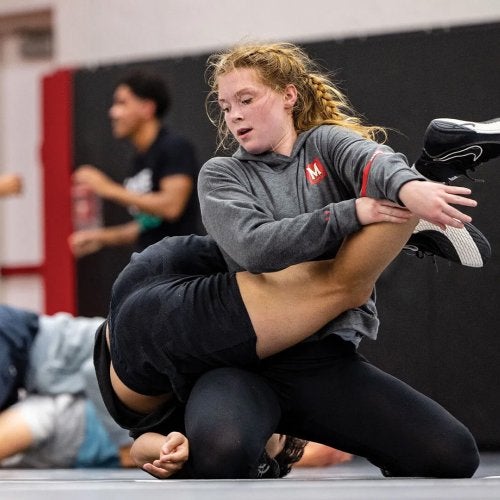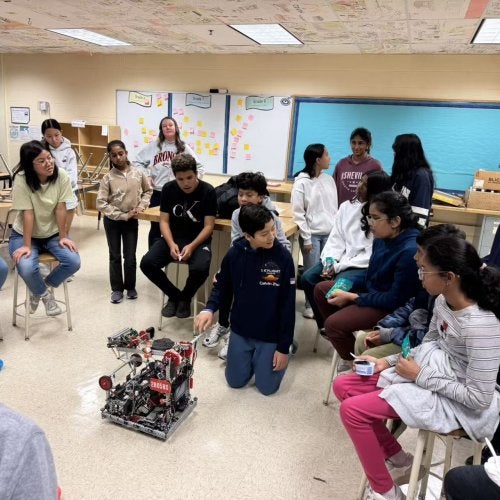
Tessa Johnson, a second-year doctoral student in the UMD College of Education’s measurement, statistics, and evaluation program, received the American Educational Research Association’s (AERA) 2018 Division D Graduate Student In-Progress Research Gala Award for her paper entitled, “The ‘Four Parameter’ Graded Response Model: Accounting for Guessing and Slipping Behaviors in Polytomous Unidimensional Item Response Models.”
Johnson’s research centers on statistical techniques used when working with multi-category (polytomous) survey items that are commonly used in tests and questionnaires. Specifically, she aims to extend an existing model to account for aberrant response patterns – “guessing” and “slipping” – that can bias a test taker’s estimated score. One significant implication for this research is the ability to address inaccuracies in self-reporting.
“Accounting for these aberrant responses allows for better recovery of true model parameters and hopefully better information about a test-taker's true ability,” said Johnson.
Johnson’s research was selected for its merit at the 2018 AERA Annual Conference, held in New York City on April 13-17, during an interactive poster session at the Division D Graduate Student In-Progress Research Gala. ‘Division D’ focuses on research related to educational measurement, psychometrics, and assessment; quantitative methods and statistical theory as applied to educational research; and qualitative and evaluation methods as applied to educational research.
“This research is important to me because I am interested in understanding how to design statistical models that allow researchers to investigate the true distribution of socially undesirable characteristics in the population,” Johnson said. “For example, students responding to a questionnaire about bullying may feel social pressure to under-report how often they participate in these behaviors, potentially leading to an underestimate of the prevalence of bullying in schools. If we can design more sensitive statistical models to account for the disconnect between a person's self-report status and their actual status, we may be able to better understand how these negative behaviors are perpetrated and how they persist over time.”
Professor Gregory R. Hancock serves as Johnson’s advisor.
Johnsoncompleted her master’s degree in educational research at Georgia State University.


